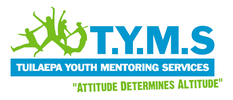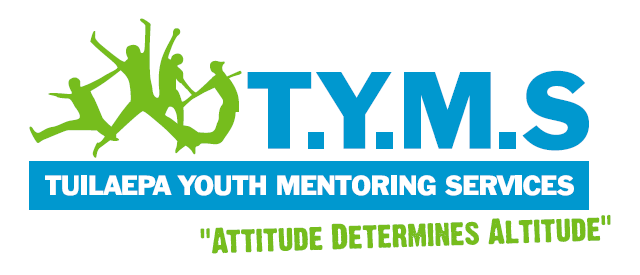 “Love has the power to inspire students to seek after knowledge, love can unite the teacher and student in the quest for knowledge, and the love of learning can even empower students to challenge knowledge thereby pushing its limits” Daniel Cho, 2005. In his book titled “Love as Pedagogy”, Tim Loreman argued that love is a product of, and a necessary element to successful and meaningful teaching and learning. But what is love? In the fa’aSamoa, alofa (love) extends to notions of compassion, caring, generosity, and consideration, which is closely related to fa’aaloalo (respect). Fa’aaloalo encompasses the values of courtesy, politeness, and pleasantness, as well as reciprocity and gift giving. Here at TYMS, we simply call it ‘going above and beyond'. Kindness and empathy are elements of love. Aristotle in his Rhetoric, described kindness as helping another in the absence of tangible rewards for doing so. The Dalai Lama asked his followers to pursue a ‘policy of kindness’, which he connects with notions of warm-heartedness and helping others. Empathy on the other hand, is described by Professor Roslyn Arnold as “an ability to understand the thoughts and feelings of self and others. It is a sophisticated ability involving attunement, decentering, and introspection: an act of thoughtful, heartfelt imagination”. Kindness and empathy are at the heart of this notion of love as a pedagogy. Acts of kindness bring us close to one another, and it is in this closeness that we are able to develop a mutual understanding, leading to empathy. As Daniel Batson and his colleagues have shown in their studies on altruism and empathy, when we understand and identify with another, we are more likely to help them. Meaningful learning occurs when teachers and students understand and identify with one another. Empathic teachers are more likely to understand their students to a greater degree, and are perhaps more sensitive and able to respond to their strengths and needs in areas ranging from academic, cultural, and emotional, to behavioural. Similarly, empathic students might be more adept at responding to a teacher, and in drawing out learning through more perceptive responses to learning situations. Fostering and cultivating kindness, empathy, and love in the school environment, is thus a worthwhile investment in the educational success of our children. One TYMS mentor has spent the past 4 weeks in three West Auckland schools, cultivating kindness, a positive attitude, respect, integrity, courage, teamwork, communication, and honesty, in 3 groups of 8 young boys who have been flagged by their teachers and school social workers as ‘at risk’. This strengths-based approach has resulted in positive engagement from all involved - the students, staff, and families. One task required the young boys to carry out one random act of kindness a day, and to record this in their notebooks. These young boys did not stop at one act. Instead, they carried out multiple acts of kindness, which extended beyond the school environment to their homes and community. One boy helped an elderly lady at the bus stop carry her groceries, and another said hello to his neighbour in the morning. When one young boy told the mentor that he couldn’t think of an act of kindness to complete the previous day, another member of the group jumped in and said ‘but you gave that boy in class 50c to buy lunch’. To the mentor’s surprise, the young boys also took their notebooks to their teachers, and asked them to write in their notebooks something good about them, or a behaviour that they wanted to see an improvement in. The teachers participated in the activity, and some even bought their own notebooks. Linda Albert suggests that the teacher-student connection is fundamental to a healthy and productive relationship. This connection can be fostered with her Five A's approach: accept, attention, appreciation, affirmation, and affection. Teachers must put aside their biases and fully accept the student, regardless of their background and perceived flaws. Students must also be given attention in order to feel valued and important. Teachers must also show an appreciation for the good deeds and actions that the students do, no matter how small. Teachers must provide affirmation, by showing an enthusiasm for their students and encouraging them to believe in their own self-value. And affection - can we ever truly feel for and care about someone we feel no affection for? Our mentor has cultivated kindness and empathy in the young boys from these schools, and they have in turn spread this love to their teachers, other students, their families, and the people in their communities. These young boys continue to remain in school, and they have bright futures ahead of them. When we seek the good in young people, we will find good. When we highlight their strengths and build on these, we create kind, empathic, and loving future adults and productive members of society.
0 Comments
Your comment will be posted after it is approved.
Leave a Reply. |
Categories
All
Archives
June 2018
|
What Our Clients Are Saying
|
Contact Us |

 RSS Feed
RSS Feed
